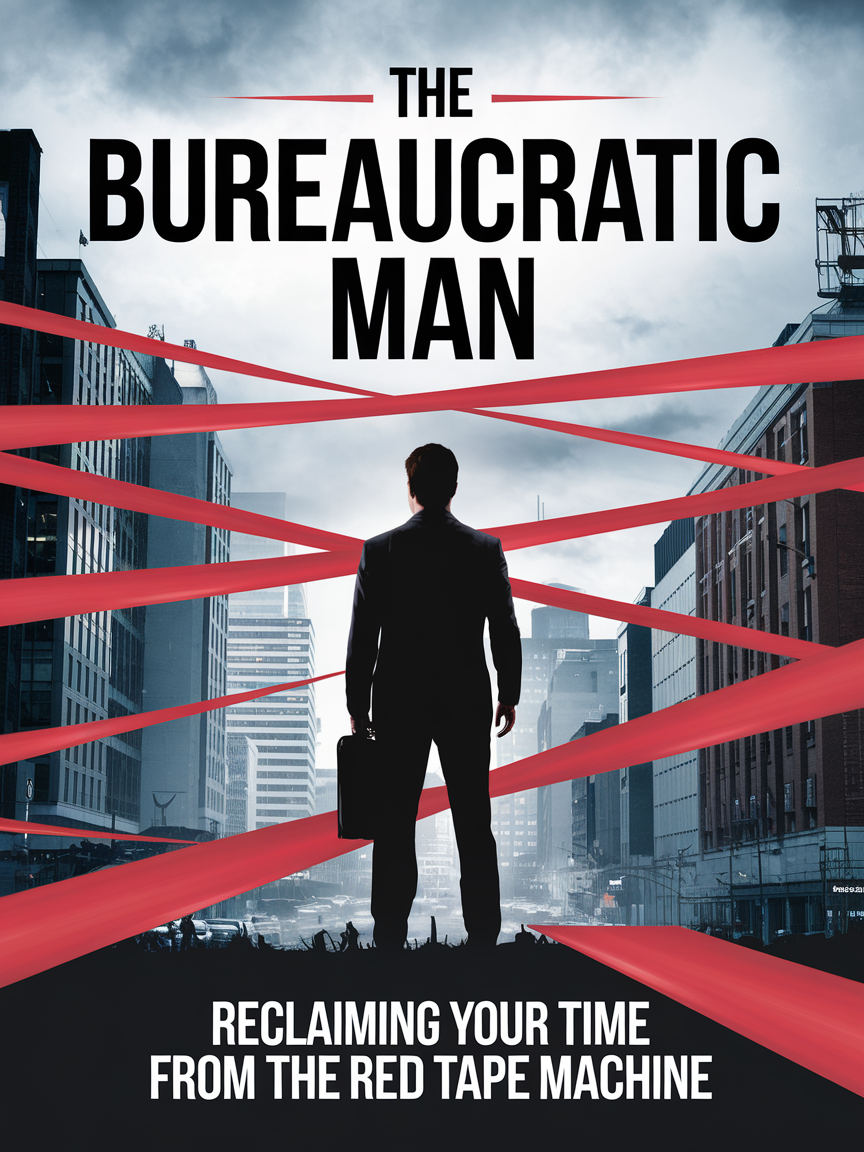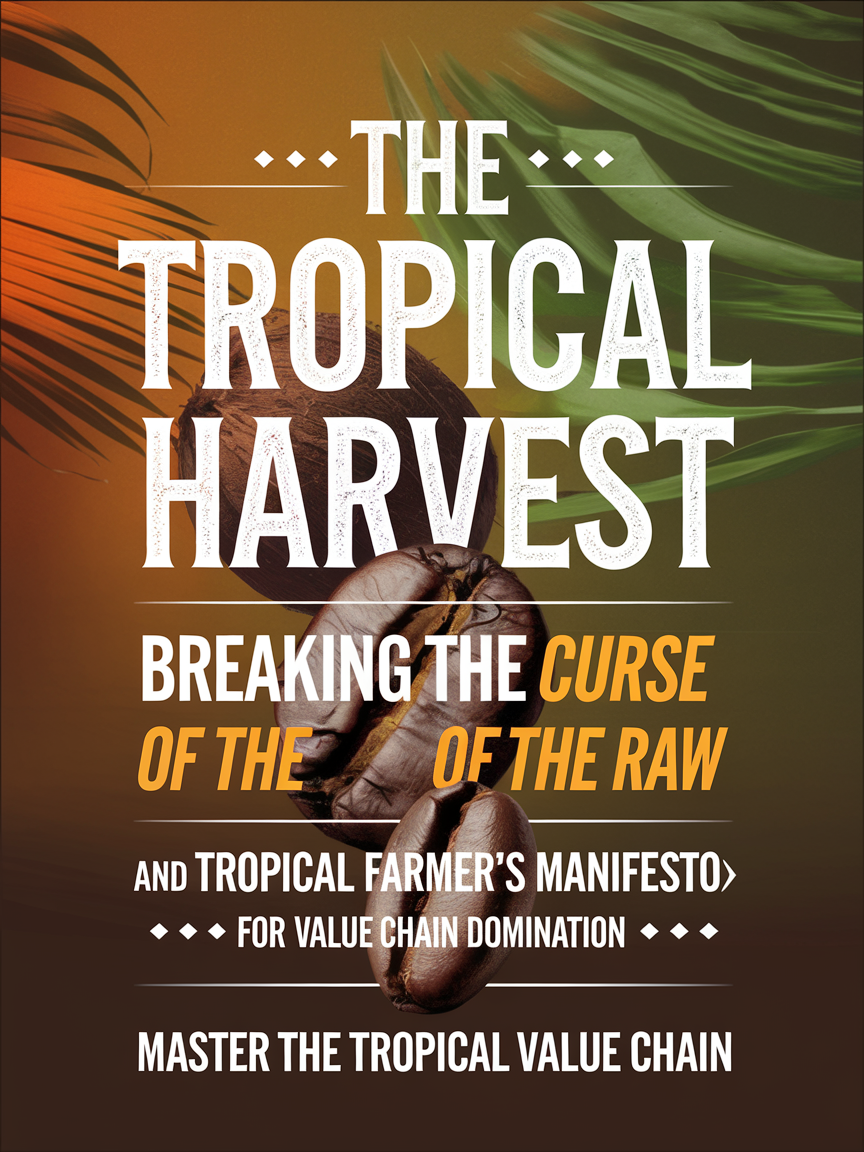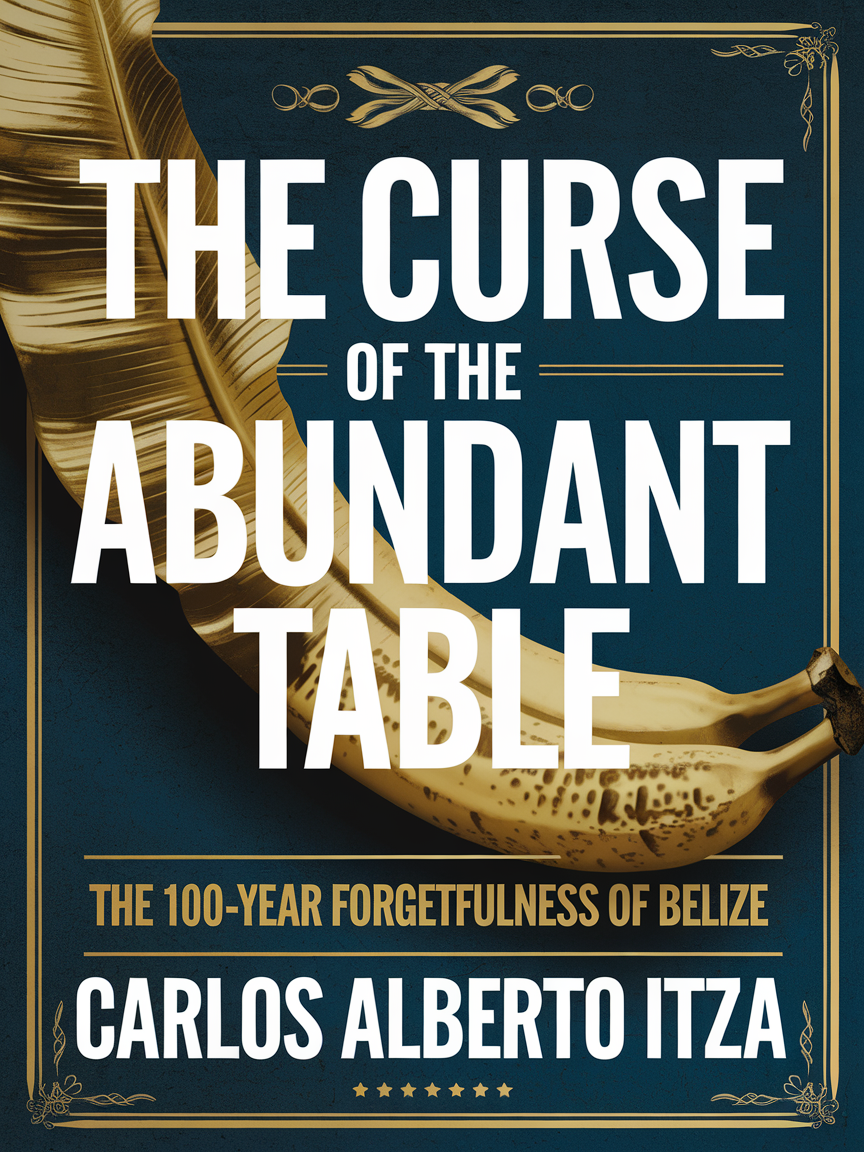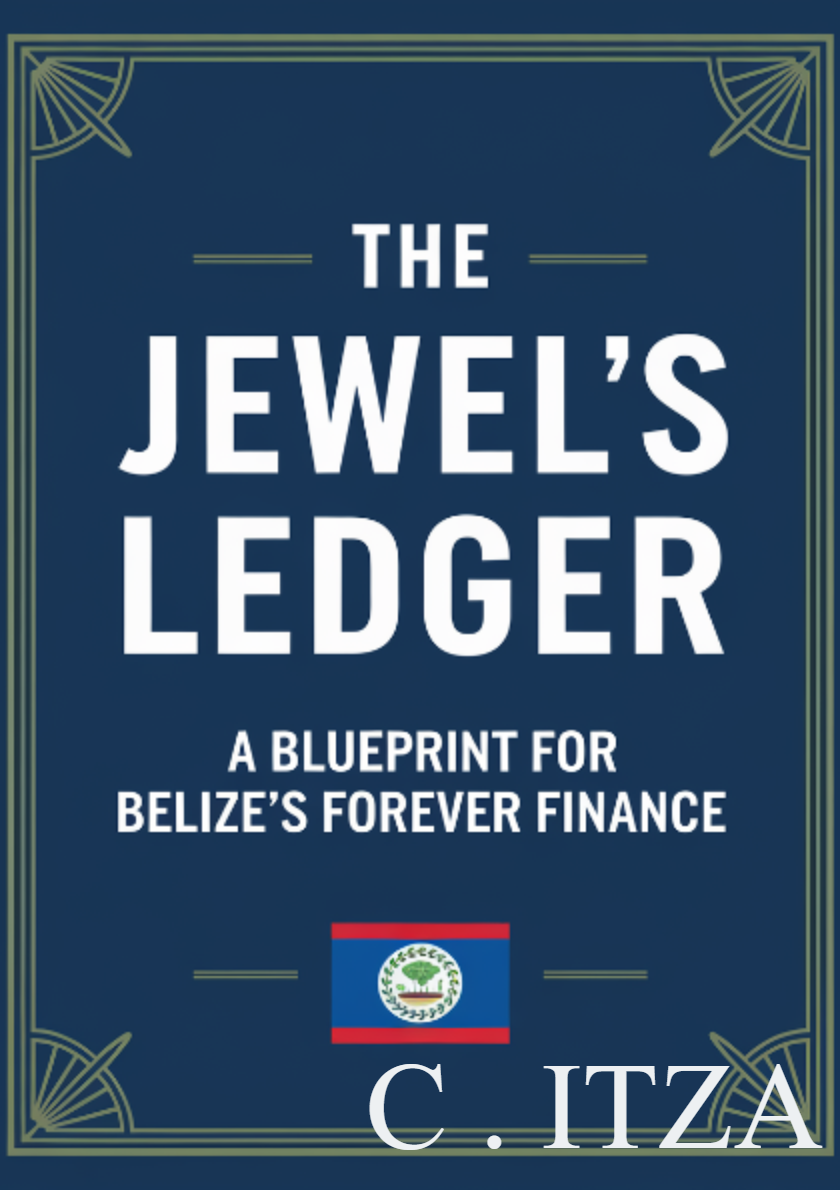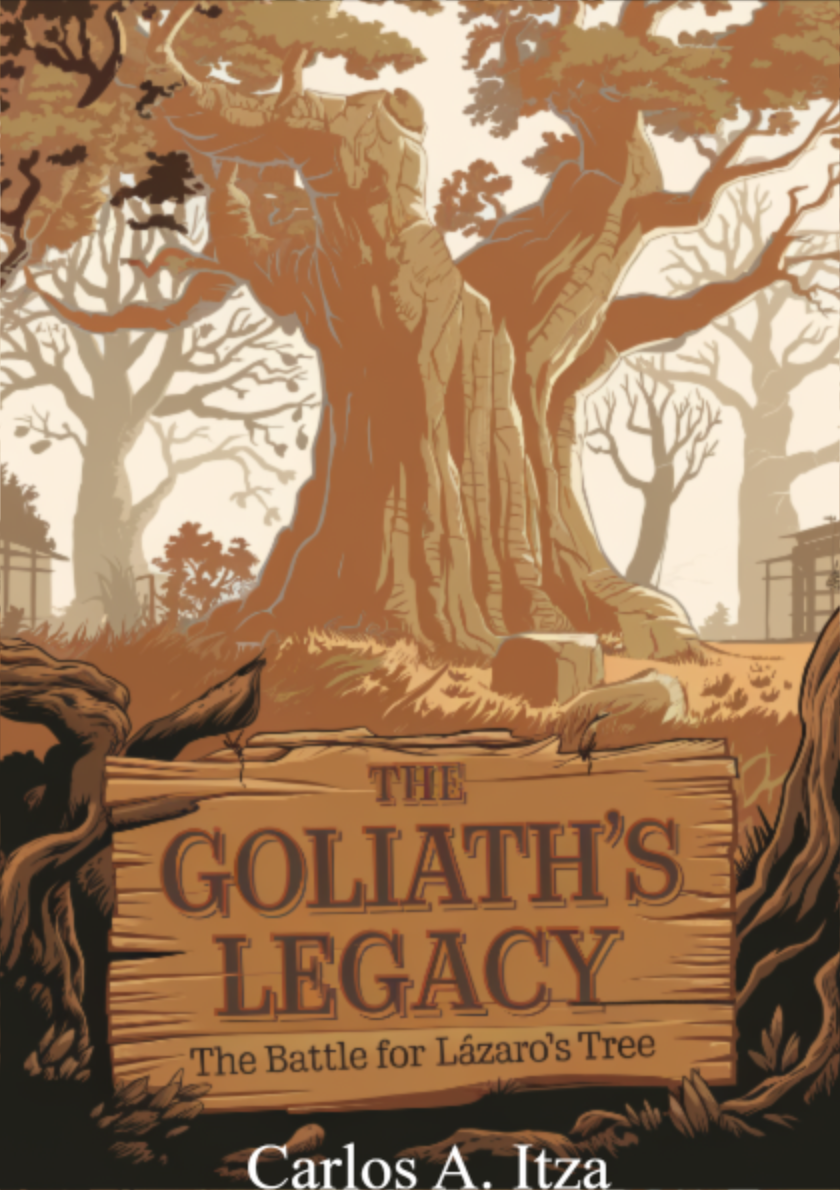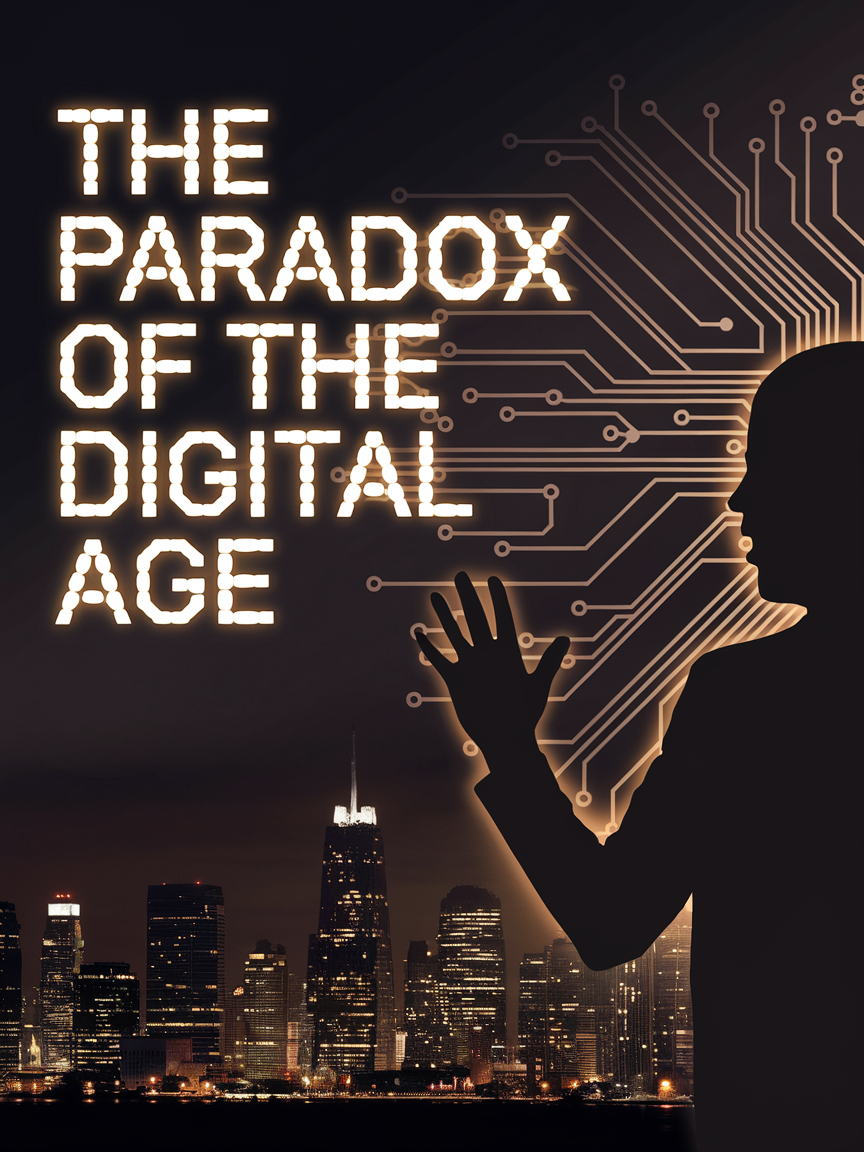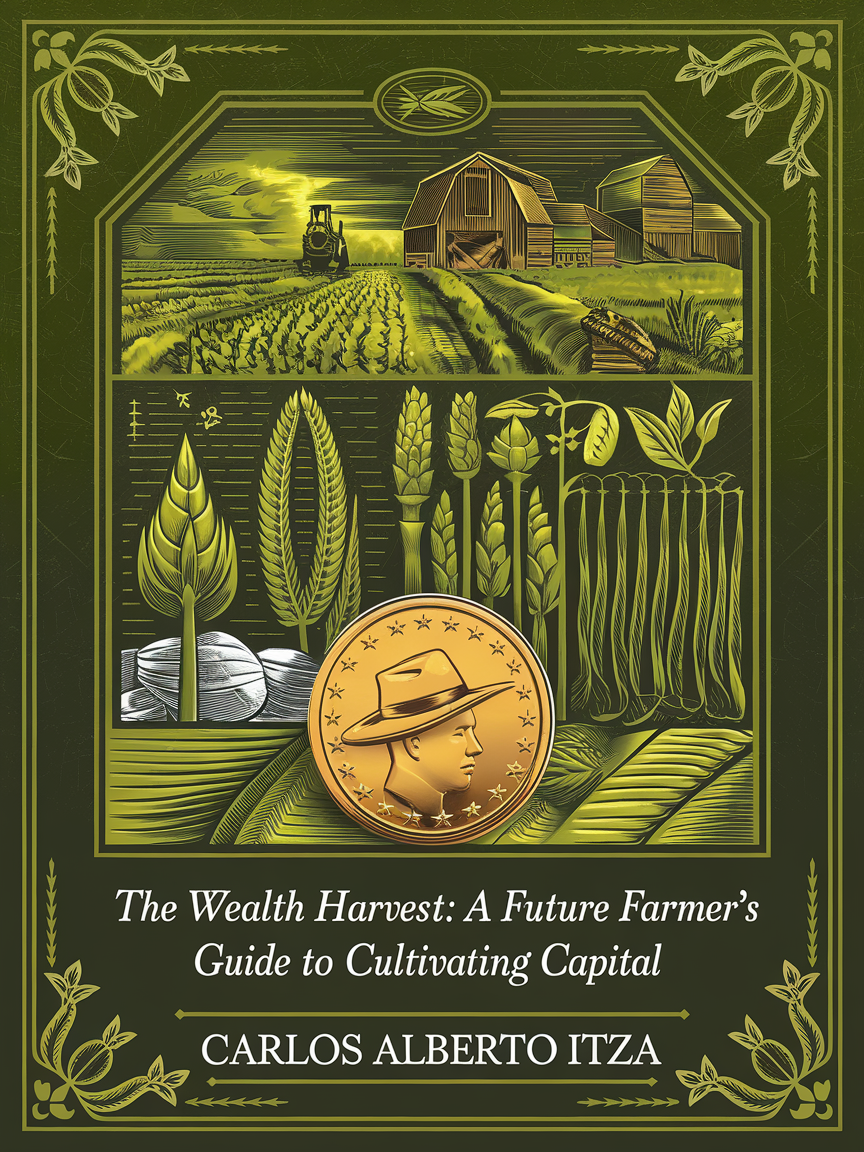The Bureaucratic man: Reclaiming Your Time from the Red Tape Machine
0 reviews
Chapters
7
Language
English
Genre
Published
October 8, 2025
Synopsis
Are you tired of the endless forms, the glacial pace of progress, and the gnawing feeling that your time is being systematically drained? 'The Bureaucratic man: Reclaiming Your Time from the Red Tape Machine' dives deep into the heart of the systems designed to serve us, exposing a startling truth: bureaucracy, once a guardian of fairness, has morphed into a self-perpetuating entity that devours individual time and stifles innovation. This book is a clarion call for every citizen, professional, and entrepreneur who has felt the crushing weight of red tape. Carlos Alberto Itza, drawing from his extensive experience in international project development, provides a sharp, insightful, and ultimately inspirational analysis of how bureaucratic structures have evolved to prioritize their own survival over effective service. Through compelling examples and a clear, descriptive style, Itza illuminates the hidden costs of inefficiency and offers a path towards reclaiming lost time and fostering genuine progress. This is essential reading for anyone seeking to understand, navigate, and ultimately dismantle the barriers that impede our potential and our collective future. Every society is promised efficiency, but delivered paperwork. Why? The Thief of Intent is narrated through the eyes of Dr. Elias Thorne, a brilliant, world-renowned process expert who once believed bureaucracy was a simple problem of outdated systems. His journey begins when he is hired to "solve" the bureaucratic logjam of a massive, critical global agency. The Man Who Found the Why Elias starts by cataloging the tangible losses: the stalled business deals, the wasted hours, the stifled innovations. He meticulously tracks how bureaucracy makes us waste time—the endless loops, the redundant signatures, the forms requiring data the system already possesses. He charts the losses of bureaucracy in our daily life, showing how a simple permit becomes a three-month life delay. The Controversy of Purpose Elias’s discovery is the book's explosive, controversial core: He realizes the endless loops are not mistakes, but deliberate features. The initial purpose of bureaucracy was noble: stability, fairness, and corruption prevention. But over time, the system evolved. The bureaucrats—the administrators themselves—are now unwitting agents in a machine whose new purpose is self-preservation. By generating complexity, the system makes itself indispensable, creating institutional inertia so profound that it prevents any rapid, destabilizing change that might threaten its own existence. The complex system resists simplification because simplicity means losing control. The Thieves' Code The book dedicates a section to exposing how business deals with bureaucracy, showing that companies don't fight the red tape, they monetize the friction, creating entire compliance departments whose sole function is to survive the system, passing the cost and the time theft directly onto the consumer. Elias concludes that the systemic friction is a hidden tax on human action. The Final Reckoning Elias realizes the problem is difficult to be solved because the power structure is built on process, not product. The book ends by posing the ultimate question: Who can solve the issue? Not a new system, but a human revolution. Elias argues that only when individuals collectively recognize the theft of their own time and agency—when the pain of compliance exceeds the comfort of resignation—will the self-serving Control Grid finally collapse. This book will challenge every reader to account for the true cost of their "compliant" lives, transforming frustration into purposeful opposition.
More Books by the Author
Create Your Own Book
Inspired by what you've read? Turn your ideas into reality with FastRead's AI-powered book creation tool.
Start Writing Now